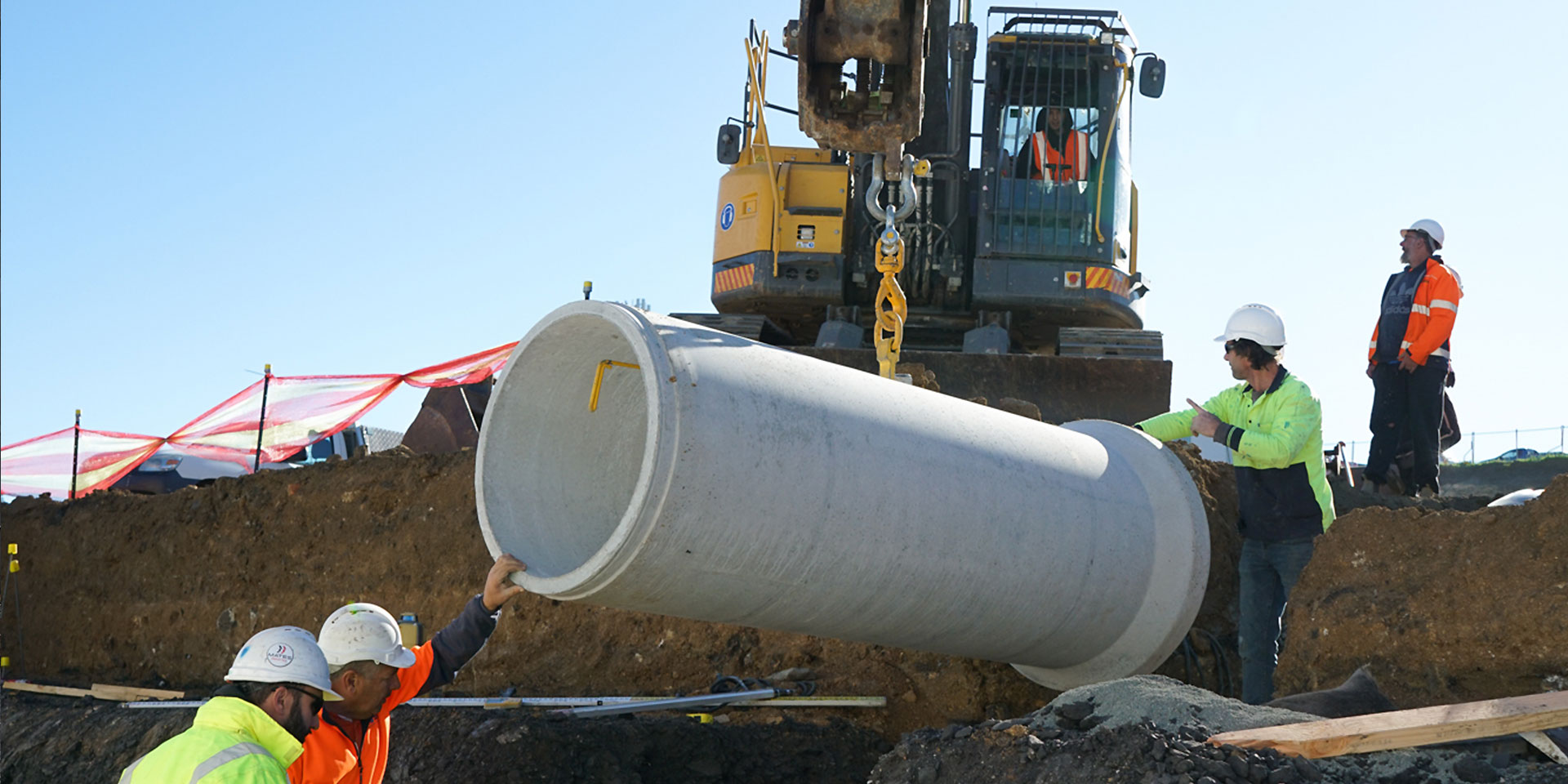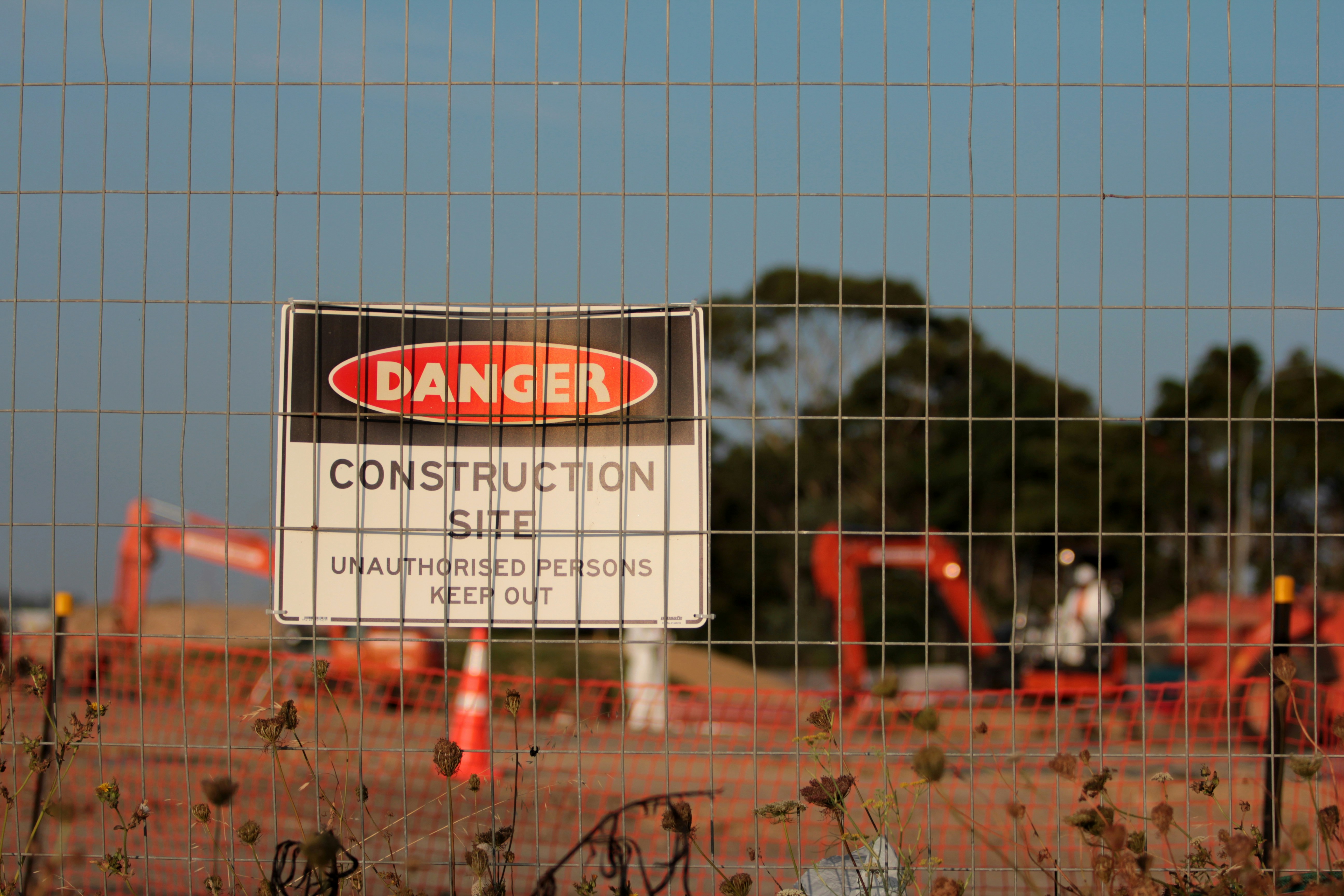
Site Inspection in Civil Engineering: Process and Key Considerations
Site inspection is a fundamental aspect of civil engineering that ensures the construction process adheres to the approved plans, design specifications, and regulatory requirements. It is a vital step to verify the quality of workmanship, assess safety standards, and ensure that any potential issues are addressed before they escalate into costly delays or safety hazards. A site inspector or site engineer plays a key role in monitoring the progress of construction and confirming that everything is being built as planned.
The process of site inspection typically begins with thorough preparation. Before heading to the site, inspectors review the project’s drawings, specifications, and any previous reports or records. This allows them to gain an understanding of the project’s scope and to identify areas that may require closer attention during the inspection. Coordination with the contractor is also essential to schedule the inspection at a time that reflects the current stage of work. This ensures that the inspector is evaluating completed tasks or processes that are relevant to the inspection phase.
Upon arriving at the site, the inspector conducts a physical evaluation of the ongoing work. They assess whether the construction is progressing as planned and if the materials used and the methods employed meet the required standards. For example, the quality of materials such as concrete, steel reinforcement, and other components is examined, while ensuring that the proper construction techniques are being followed. Any discrepancies between the actual construction and the approved design are documented, often with photographs and detailed notes. This documentation is compiled into an inspection report, which includes observations about any deficiencies or deviations from the plans and recommendations for corrective action.
One of the main goals of site inspection is to ensure that the construction complies with safety regulations. Inspectors check for adherence to safety protocols, such as the proper use of personal protective equipment (PPE), safe scaffolding, and secure handling of machinery. Moreover, they assess the construction site for potential hazards that could pose risks to workers or the surrounding community. Site inspections also help confirm that the work aligns with local building codes and environmental regulations, which govern factors such as waste disposal, water management, and noise control. Non-compliance with these standards could lead to fines, project delays, or legal challenges.
Critical aspect of site inspection.
Another critical aspect of site inspection is quality control. Inspectors must verify that the materials and products being used meet the standards set out in the project’s specifications. They often perform checks on the accuracy of measurements, alignment, and overall precision of the construction, ensuring that the project’s structural integrity is maintained. Inspectors may also assess the installation of plumbing, electrical systems, and other utilities to ensure they are correctly integrated into the overall design.

Communication as key.
Finally, communication is key to a successful site inspection. Inspectors serve as the link between the contractor, project managers, and design team. They are responsible for relaying information about potential problems, suggesting corrective actions, and ensuring that all stakeholders are updated on the progress of the project. Following up with the contractor to ensure that identified issues are addressed is an essential part of the inspector’s role, often requiring re-inspections to verify that the necessary corrections have been made.
In conclusion, site inspections in civil engineering are crucial for ensuring that construction projects are completed on time, within budget, and according to the highest standards of quality and safety. By carefully monitoring the work on-site and addressing any issues as they arise, inspectors play a key role in ensuring the successful completion of a project, minimizing risks, and avoiding costly mistakes.






